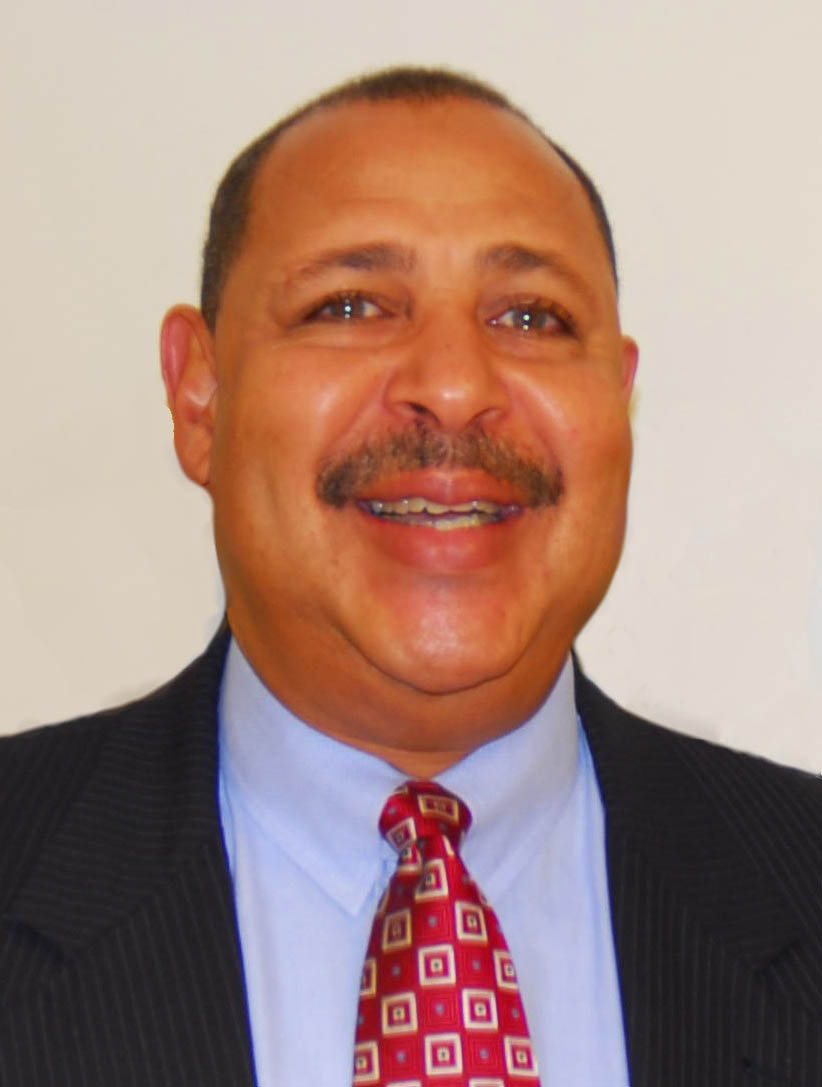Second View
The Space Education of a Foreign Service Officer
Written by: developer
 by William V. Parker, Space Foundation Special Advisor – International Affairs
by William V. Parker, Space Foundation Special Advisor – International Affairs
Reporting for duty at Offutt Air Force Base, to assume the position of Foreign Affairs Advisor (POLAD) to the Commander of United States Strategic Command (USSTRATCOM), was an immediate shock. Having served as a Foreign Service Officer (diplomat) for over 31 years, my previous assignments had been to foreign countries or the occasional “ultimate hardship assignment,” Washington, D.C. I thought my lifelong infatuation with NASA might have prepared me for the extraordinary space education I was about to receive. Following several wise recommendations (orders), I jumped at the opportunity to attend my first Space Symposium and get an inside glimpse of our remarkable global space enterprise — through the lens of this amazing event, which the tremendous Space Foundation team has been refining over the years.
For those unfamiliar with its preeminence in the industry, the Foundation’s annual Space Symposium has brought scores of thousands of U.S. and international (government, commercial and military) folks together over the years. In many ways, the Space Foundation has figured out how to foster and grow collaborative opportunities throughout the ever-expanding space community to advance how we view and support space endeavors. If you haven’t noticed, space is now truly democratized. In the eyes of this former Minister-Counselor, no other organization understands this global dynamic quite like the Space Foundation does.
Among other peak experiences of working with this unique group was a trip to China made a few years back. Leveraging its prerogative as a non-governmental organization, working to keep informal lines of communication open despite the challenges of the official U.S./China space dialogue, Foundation leadership organized an historic “Unofficial/Informal” visit where important new personal, professional and institutional relationships were forged. Traveling the Chinese countryside by bus, accompanied by former U.S. astronauts and our Chinese hosts, afforded me the most comprehensive immersion into the nexus of Chinese and U.S. space endeavors. As you can imagine, being among the first westerners to visit certain facilities and to reside at “The Taikonaut Hotel” while touring launch facilities in the Gobi Desert, has been the subject of many sidebar discussions during any number of Space Symposia. Other such engagements have fostered cross-cultural communication and an ongoing positive dialogue with our Chinese Space interlocutors that is both current and robust.
At the Space Symposium we host a growing number of international business, government and educational delegations. Last year I found myself huddled in a corner speaking in Hindi with teachers from India who had been trained by the outstanding Space Foundation education team. Having led Indo-US Educational and Cultural Exchanges in their country, I’ve never seen more animated Indian educators.
Foundation staff deploy globally to attend such gatherings as the International Astronomical Congress (IAC) where the Foundation benefits by keeping current and productive relationships with space leaders, technicians, academics, students and other professionals from around the world. Active engagement in other events and meetings, in such far flung places as London, Paris, Beijing, Abu Dhabi, Vienna, Berlin, Stockholm, and, most recently, Indonesia and Vietnam, help build the bridges our industry relies upon for continued growth and success. Inevitably these colleagues attend the Space Symposium and the global maturation is further advanced, to the ultimate benefit of the space community.
Being near neighbors in Washington, D.C., the Foundation’s Capitol office often includes me in their robust outreach efforts. Recently, and in preparation for the 32nd Space Symposium, they hosted briefing sessions with the Japanese Space Exploration Agency (JAXA). Through this window, one had the opportunity to peer into Japan’s work at the International Space Station (ISS) and their use of the space-based X-ray observatory. The Foundation has played a key role in similar events for the European Commission, Swedish Space Office, DLR, ESA, CNES, Canada and others, and is known for being a Washington, D.C., bridge builder among the many spacefaring nations represented through Embassies, Consulates and National Offices.
Our intrepid CEO has accepted numerous invitations to visit far flung regions of the globe to foster space dialogue, and space business, with new friends. Recently, Elliot was a key member of a delegation organized by the U.S. State Department to engage with space professionals from throughout the Asia-Pacific Region, making several presentations at the APRSAF-22 meetings in Bali, and in bi-lateral meetings in Hanoi. As this issue of Space Watch is finalized for release, he is winging his way back from meetings with senior Latin American space officials in Santiago, Chile. I guess the sun never quite sets on the Space Foundation.
I don’t know about you, but even for a well-traveled Foreign Service Officer, the Space Foundation continuously excites and surprises me with its very robust global engagement — which should again make for an exciting and very productive 32nd Space Symposium. My space education continues and I dare say, at this pace, the next decade looks even more unbelievably educational and rewarding. Without the dedicated Space Foundation family, which represents this industry so well on a global basis, none of this might be possible. So when you see me huddled with Space Foundation colleagues and/or new friends from distant shores, come over, say hello, engage and learn. The Space Foundation mission below sums it up for me!
Space Foundation Mission: To advance space-related endeavors to inspire, enable and propel humanity
Read Bill Parker’s bio here.
This article is part of Space Watch: April 2016 (Volume: 15, Issue: 4).
